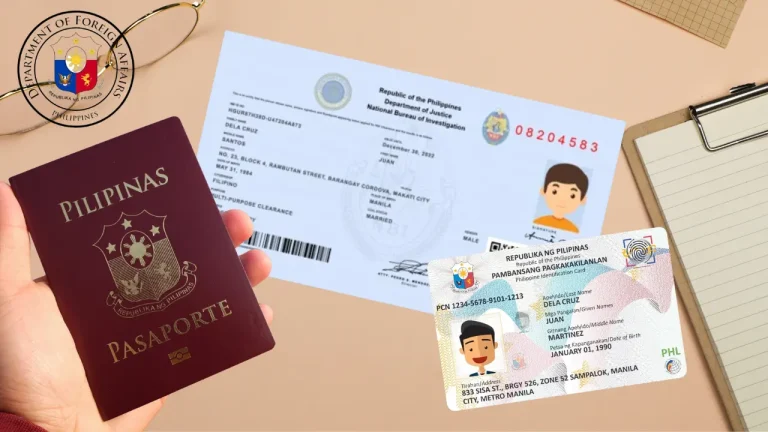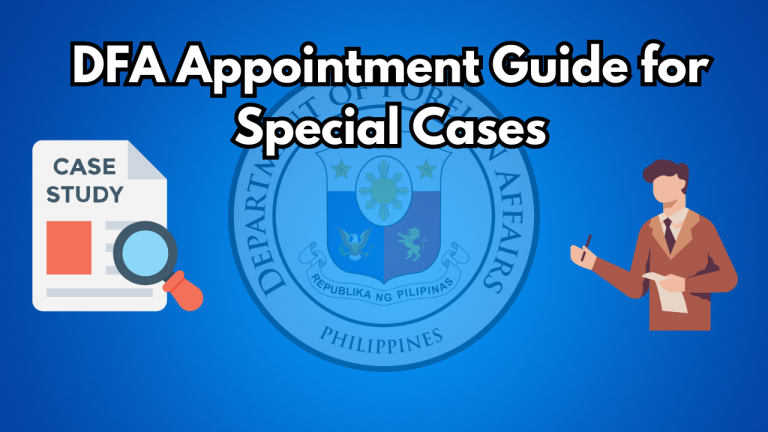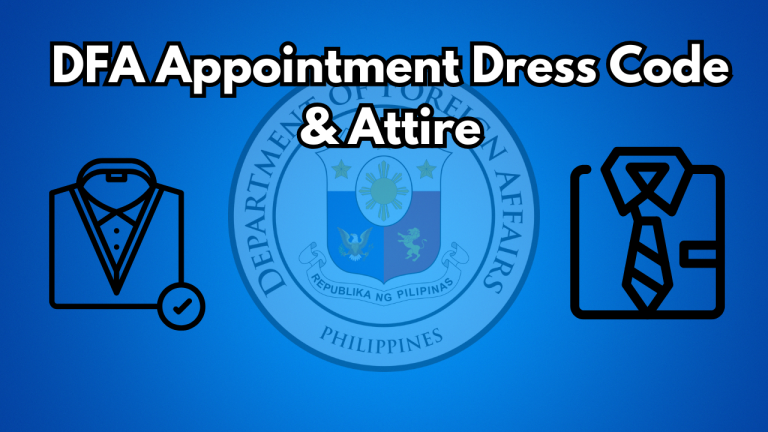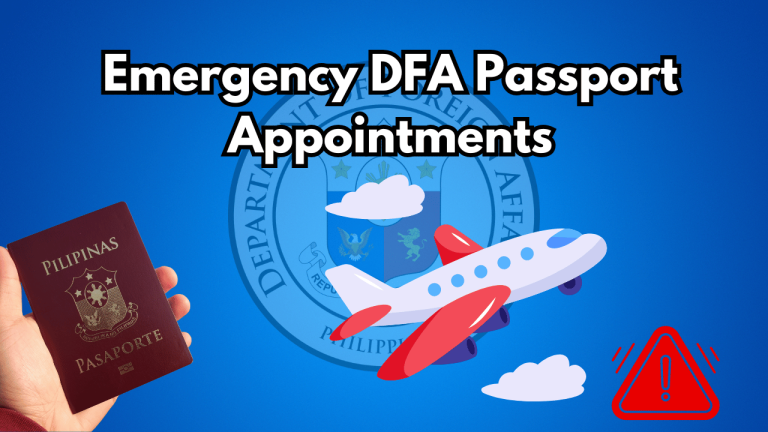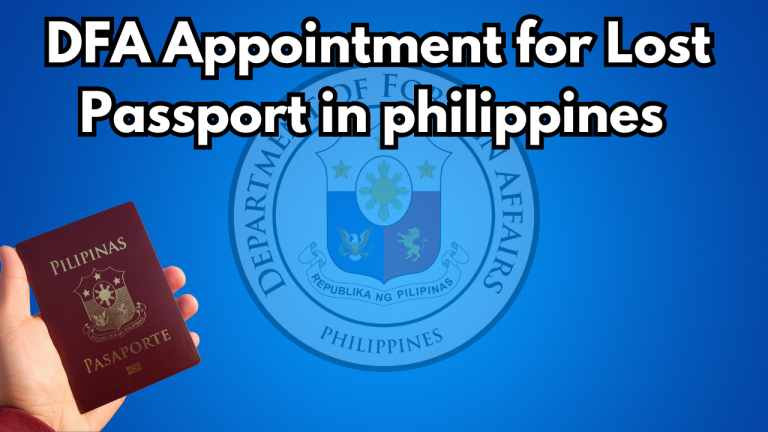Is Republic Act No 8239 the Philippine Passport Act of 1996?
Republic Act No. 8239, also known as the Philippine Passport Act of 1996, was a landmark legislation that established the framework for the issuance, regulation, and use of Philippine passports. This guide provides a detailed exploration of the act, its key provisions, and its implications for Filipino citizens, along with updates on recent changes in passport laws and processes.
What Is Republic Act No. 8239?
Here the information of Republic Act No. 8239.

Enacted in 1996, Republic Act No. 8239 aimed to protect the constitutional right of Filipinos to travel by simplifying passport issuance processes while ensuring security and compliance with international standards. The law empowered the Department of Foreign Affairs (DFA) to oversee passport services and introduced penalties for fraudulent applications or misuse of passports.
What You Need to Know About Republic Act No. 8239
Here’s what you need to know about Republic Act No. 8239.
Purpose and Objectives
Here’s the purpose and objectives of Republic Act No. 8239.
Key Provisions of the Law
Impact on Philippine Citizens
The act simplified access to passports while ensuring fairness and security. It also introduced measures to protect vulnerable groups like OFWs from legal complications arising from document errors.
Recent Updates to Philippine Passport Laws
Let’s look at the recent updates to Philippine passport laws.
2025 Amendments to Passport Requirements
In 2024, Republic Act No. 11983 repealed RA 8239 and introduced significant changes:
Changes in Fees and Application Processes
Effective January 2025:
Philippine Passport Application and Renewal
Here’s a guide to Philippine passport application and renewal.
ID Requirements for Passport 2025 Philippines
Applicants must present:
Steps to Renew or Update Your Passport
DFA Passport Correction and Name Change Guide
For corrections or name changes:
Passport Appointment System in 2025
Here’s how the passport appointment system works in 2025.
DFA Special Appointment System for OFWs
Active OFWs can avail themselves of special appointment slots through DFA’s dedicated system. This ensures faster processing tailored to their schedules.
How to Cancel or Reschedule Passport Appointments
Appointments can be canceled or rescheduled via DFA’s online portal. Ensure you do this at least three days before your scheduled date to avoid penalties.
DFA Calendar and Payment Methods
Applicants can pay fees via over-the-counter payments, debit/credit cards, or digital wallets like GCash. Delivery options are available at an additional cost of PHP 150.
FAQs
Conclusion
Republic Act No. 8239 laid the foundation for secure and accessible passport services in the Philippines. While it has been repealed by RA 11983 in favor of modernized processes, its legacy continues in ensuring every Filipino’s right to travel is protected. By staying informed about updated requirements and procedures, you can navigate the passport application process smoothly.For further assistance, always consult official DFA resources or visit your nearest consular office!

